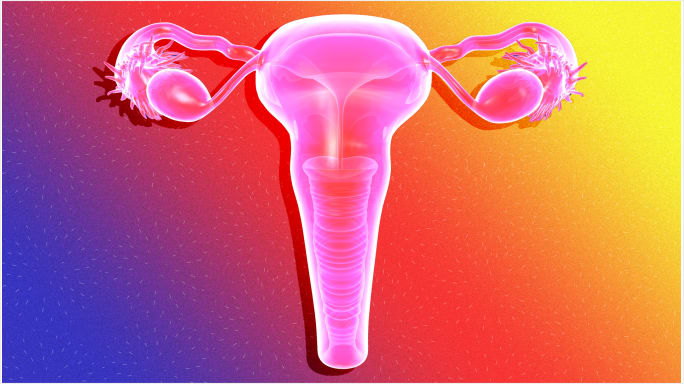If you’ve had a C-section, it may not sound like there are many benefits from the whole ordeal
Many women don’t like missing out on a traditional birth experience. Then there is the delayed recovery time that hampers your interactions with your newborn. A recent study found that the gut microbiome of kids born surgically is different than those vaginally.
Other than women that want an elective C-section and get what they want, there isn’t too much good about going under the knife to deliver your little one—other than the baby being safe from the threats that warrant the operation in the first place.
A new study in PLOS Medicine found that women who deliver via cesarean have a lower risk of urinary incontinence and pelvic prolapse. Finally, some good news about having a C-section…sorta.
Sarah Stock, an obstetrician at the University of Edinburgh, said that despite those perks, women who have C-sections have a higher chance of infertility and future pregnancy complications. Okay, so much for “perks.”
“Discussions regarding mode of delivery need to be both balanced and women focused, as different women will have different views and concerns about pros and cons,” she said.
Stock said they didn’t find any long-term disadvantages from C-sections as far as sexual intercourse-related pain—but they didn’t look at all of the complications possible. “For example, we did not look at health problems such as tiredness, back pain or depression,” she said.
“When long-term complications are considered, there are risks and benefits to both types of delivery,” Stock said. “It should be noted that both vaginal and cesarean deliveries are safe, in that the risk of long-term complications from either type of delivery is low overall.”
Stock’s team that looked at one randomized controlled trial and 79 cohort studies involving nearly 30 million women. They also noted that infants born from C-sections also had some disadvantages. From the data, they uncovered that infants delivered via C-section had an increased risk of asthma for up to 12 years and were at a higher risk for being obese for up to 5 years of age.
Having a planned C-section can have some other advantages, according to Neil S. Seligman, an OB-GYN at the University of Rochester Medical Center in New York. Doctors can determine if the infant needs immediate surgery for something like a congenital heart disease and proceed with the operation upon cesarean delivery. It can also reduce the risks of shoulder dystocia, fractures and oxygen deprivation.
In the U.S., about one in three births are now done via C-section. That rate went from about 5 percent in 1970 to 32 percent in 2015, the Centers for Diseases Control and Prevention (CDC) reports.




comments